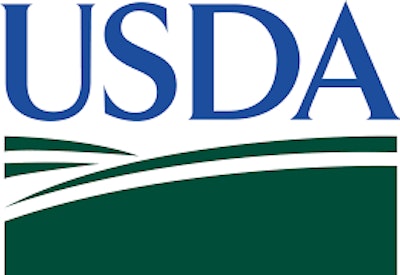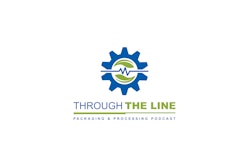
The U.S. Department of Agriculture’s Food Safety and Inspection Service (FSIS) has announced it is mobilizing a stronger, more comprehensive effort to reduce Salmonella illnesses associated with poultry products. The agency is initiating several key activities to gather the data and information necessary to support future action and move closer to the national target of a 25% reduction in Salmonella illnesses.
The USDA intends to seek stakeholder feedback on specific Salmonella control and measurement strategies, including pilot projects, in poultry slaughter and processing establishments. A key component of this approach is encouraging pre-harvest controls to reduce Salmonella contamination coming into the slaughterhouse. The data generated from these pilots will be used to determine if a different approach could result in a reduction of Salmonella illness in consumers.
The effort will leverage the USDA’s strong research capabilities and strengthen FSIS’s partnership with the Research, Education and Economics (REE) mission area to address data gaps and develop new laboratory methods to guide future Salmonella policy. The National Advisory Committee for Microbiological Criteria in Foods, an independent federal advisory committee, will be asked to advise how FSIS can build on the latest science to improve its approach to Salmonella control.
 | Tech Companies to Help FDA With Track-and-Trace Solutions |
Since it is not just the presence or absence of Salmonella, but the quantity of bacteria that can impact the likelihood of illness, FSIS will examine how quantification can be incorporated into this approach. Moreover, with emerging science suggesting that not all Salmonella are equally likely to cause human illness, FSIS will focus on the Salmonella serotypes and the virulence factors that pose the greatest public health risk.
Moving forward, this initiative will require collaboration and ongoing dialogue with stakeholders—industry, consumer groups, and researchers alike. The USDA looks forward to working closely with stakeholders on informing and implementing key activities of this framework in the near future.



















